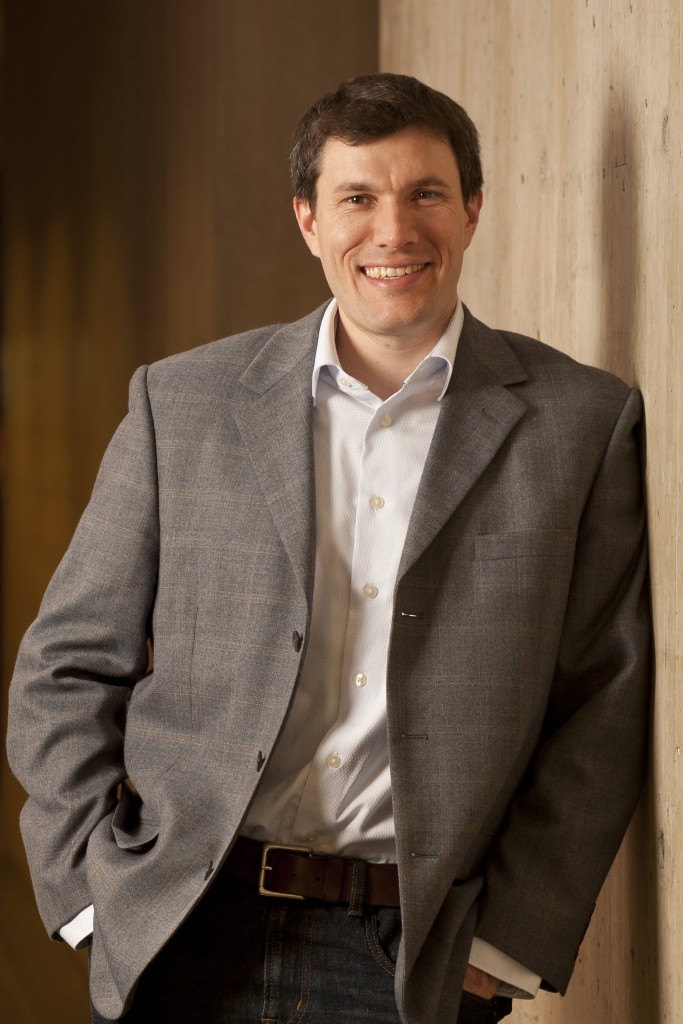Podcast: Play in new window | Download
Subscribe: Apple Podcasts | RSS
Dr. Christopher Bettinger is an Assistant Professor of Materials Science and Biomedical Engineering at Carnegie Mellon University. He received a Masters of Engineering in Biomedical Engineering and a PhD in Materials Science and Engineering from the Massachusetts Institute of Technology. He completed his post-doctoral fellowship at Stanford University before joining the faculty at Carnegie Mellon. Chris has received many awards and honors in his career, includingthe National Academy of Sciences Award for Initiatives in Research, MIT Department of Materials Science and Engineering Award for “Outstanding PhD Thesis”, the ACS AkzoNobel Award for Polymer Chemistry, the Tissue Engineering and Regenerative Medicine Society Young Investigator Award, and the MIT Tech Review TR35 Top Young Innovator. He is also a co-inventor on several patents and was a finalist in the MIT $100K Entrepreneurship Competition. Chris is here with us today to tell us about his journey through life and science.
Christopher directs the laboratory for Biomaterials-based Microsystems and Electronics at CMU, which is broadly interested in the design of materials and interfaces that promote the integration of medical devices with the human body. Dr. Bettinger received an B.S. in Chemical Engineering, an M.Eng. in Biomedical Engineering, and a Ph.D. in Materials Science and Engineering as a Charles Stark Draper Fellow, all from the Massachusetts Institute of Technology. He completed his post-doctoral fellowship at Stanford University in the Department of Chemical Engineering as an NIH Ruth Kirschstein Fellow.
The Laboratory for Therapeutic Biodegradable Microsystems is broadly interested in the development of biomaterials-based MEMS for use in a wide range of biomedical applications including regenerative medicine, neural interfaces, and drug delivery. We use interdisciplinary strategies to develop next generation medical implants that combine extraordinary properties of biodegradability and biocompatibility with unique mechanical properties and electronic functionality. Chris’s research is currently focused on several specific thrusts including: BioMEMS for tissue regeneration, biodegradable electronic devices, biomimetic tissue-device interfaces, non-conventional microfabrication of biomaterials, rational biomaterials synthesis, and quantitative elucidation of biodegradation phenomena.

Leave a Reply